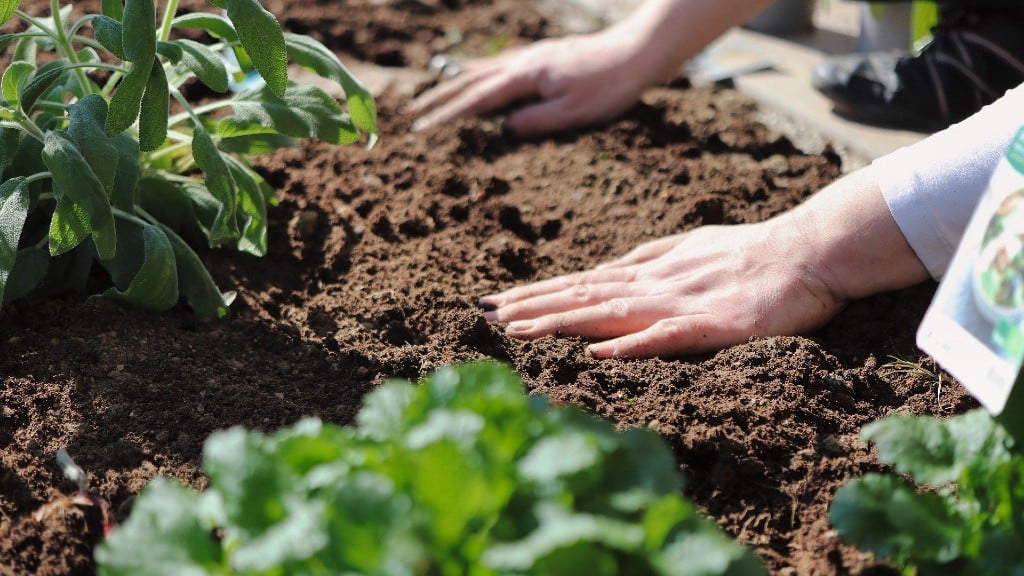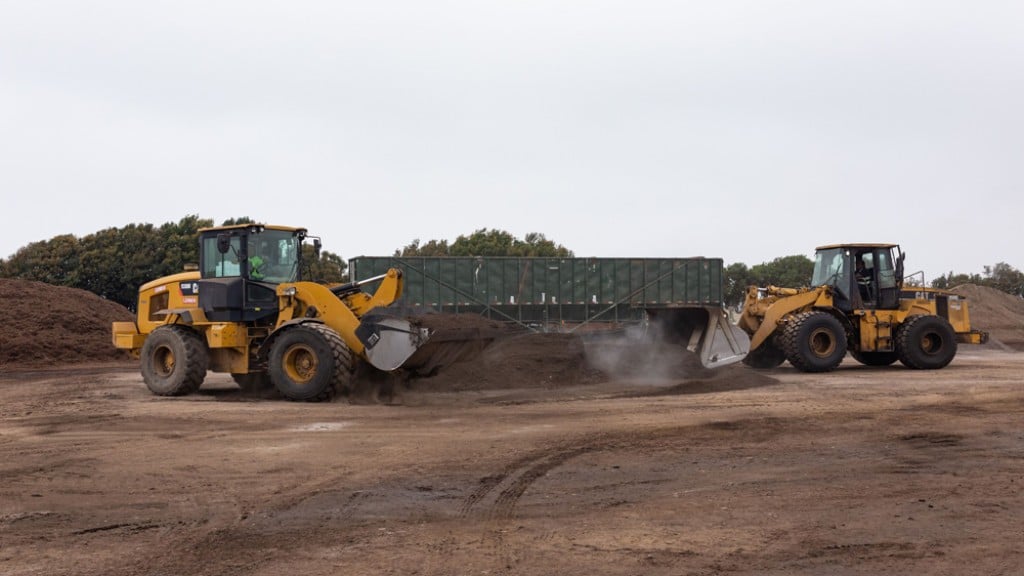
The US Composting Council, on behalf of an industry facing detrimental economic impacts from per-fluoroalkyl compounds (PFAS) found in all consumer products, is calling for bans on the use of the chemicals and immediate research to study their impacts on plant uptake.
The document notes the negative impact of PFAS, used in everyday materials such as cookware, cosmetics, packaging, and outdoor clothing, has on compost manufacturers. The compost industry is the passive receiver of chemicals through the products brought into facilities through food waste, biosolids, and green waste.
"Products containing PFAS and similar chemical make-up of products must be removed from circulation. We support [the] immediate need for government peer-reviewed research to determine scientifically based levels of harm of PFAS in soil. These research impacts are needed for the compost industry to take the right actions to mitigate any proven harmful impacts," says Frank Franciosi executive director of the USCC.
The synthetic chemical compounds known as Per- and Polyfluoroalkyl substances ("PFAS") have become ubiquitous in the environment. Certain PFAS/PFOS chemicals are considered more harmful than others and are no longer manufactured in the United States. Many others are still imported or manufactured and are used in products still sold.
The USCC's statement also cautions regulators at state and federal levels that this scientific research is critical before regulations are put forward.
Legislation and regulation aimed at curbing PFAS/PFOS could significantly jeopardize the composting industry resulting in:
- Job losses at thousands of public and private composting operations throughout the country.
- Increase in the amount of organic waste being disposed of in landfills and incinerators.
- Halting and reversal of the contributions made by the composting industry to soil health, water quality, and climate.
Composting is a growing industry and with that growth will come even greater benefits. The benefits the industry brings should not be jeopardized by the adoption of extremely low regulatory limits for soil PFAS unless backed up by research and science.
Using compost is one of the most important ways to mitigate climate change, clean and remediate stormwater and contaminated soils, increase organic matter and beneficial microbes in soils, and regenerate soils to grow food that is good for human health.
Company info
PO Box 19246
Raleigh, NC
US, 27619
Website:
compostingcouncil.org
Phone number:
301-897-2715



